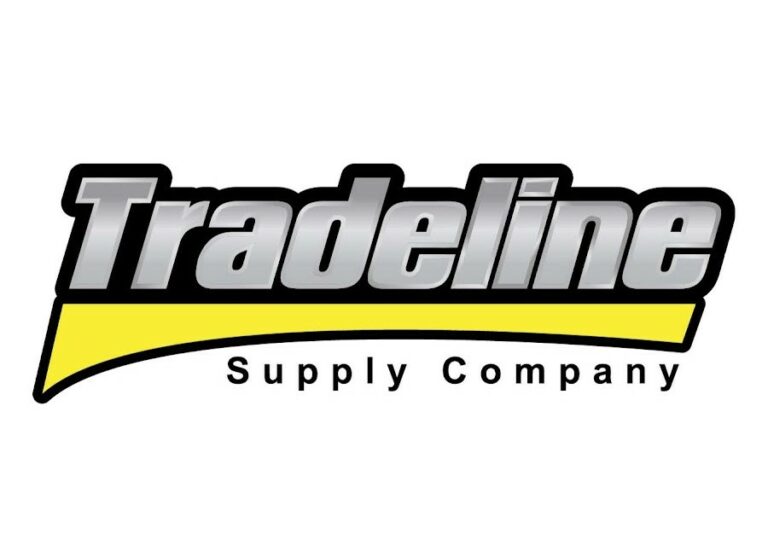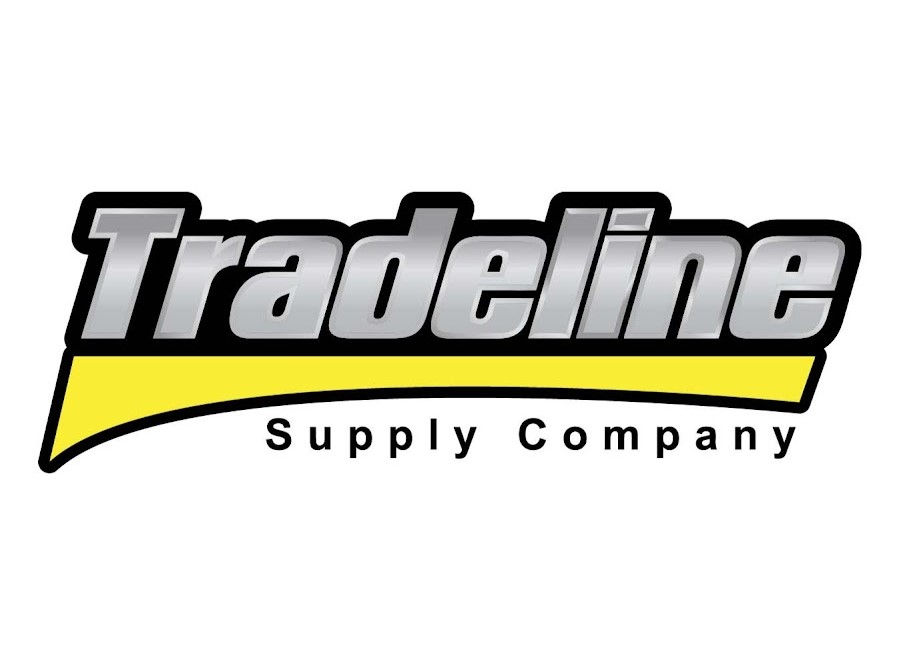What is a Fictitious Business Name?
A fictitious business name (FBN), also known as an assumed business name (ABN) or doing business as (DBA) name, is a name that a company uses instead of its official legal name. Think of it as a business’s alter ego.
In most cases, business owners must file a fictitious business name statement to notify the public and legal authorities. This step helps prevent confusion and ensures transparency regarding the true business entity behind the name.
Business owners, corporations, and sole proprietorships must register their fictitious names to comply with legal requirements. Without this registration, obtaining a business license can be challenging, potentially leading to operating illegally. Therefore, registering a fictitious name is crucial for businesses to establish legitimacy and operate within the law.
In essence, using a fictitious business name involves more than just selecting a catchy title—it’s a legal process that carries significant implications for how a business can operate in the eyes of the law.
Fictitious Business Example
Suppose a corporation’s legal name is ABC Company, Inc., which manufactures multiple product lines. It then wants to create a bespoke product line called XYZ Unique Products. It can then register the fictitious name and do business for its bespoke product line under XYZ.
Why do Businesses use a Fictitious Name?
Small businesses adopt a fictitious name for several reasons. Here are some of the most common reasons why a business might use an alias.
Create a Unique Brand Identity: Businesses use fictitious names to establish a unique and memorable identity that resonates with their customers. This distinct name helps them differentiate themselves in a crowded market.
Differentiate from Competitors: Using a fictitious name allows businesses to create a distinct image in the minds of consumers, helping them stand out from competitors who may have similar names or branding. This differentiation can lead to increased brand recognition and customer loyalty, ultimately driving sales and growth for the business.
Attract a Specific Target Market: Businesses can use a fictitious name that resonates with a specific target market, such as using trendy or culturally relevant words to appeal to a younger demographic. By choosing a fictitious name that reflects the values and interests of the target market, businesses can establish a strong connection and build loyalty among their desired customer base.
Comply with Legal Requirements for Business Registration: Using a fictitious name allows businesses to operate under a different name without having to go through the process of legally changing their business name. This helps them comply with legal registration requirements by providing a way to conduct business under a recognizable name while maintaining their official legal identity.
Avoid Using the Owner’s Personal Name: Businesses often use a fictitious name to avoid associating the business directly with the owner’s personal name. This can help protect the owner’s privacy and simplify the process when changing ownership.
Using Multiple Businesses or Brands: Sometimes, a business might have multiple brands or businesses but doesn’t want to create separate entities for them. For example, a sit-down restaurant might want to expand to a quick-serve location but keep both under the same business entity. Or a business might have several product brands but doesn’t want to establish different subsidiaries. In these cases, a fictitious name can help keep them separate.
How does a Fictitious Name differ from a Legal Business Name?
A fictitious name is a name that a business uses that differs from its legal name. This allows businesses to operate under a different name without changing their legal entity. On the other hand, a legal business name is the official name of the business that is registered with the state government.
To register a legal business name, businesses typically need to check with their state’s Secretary of State office to ensure the name is available and then file the necessary paperwork, which may include articles of incorporation or articles of organization, depending on the business structure. Choosing a business structure, such as a sole proprietorship, partnership, corporation, or limited liability company (LLC), will also impact the registration process.
Businesses can choose a fictitious name when they register their business by including it on the registration paperwork. Alternatively, they can file to add a fictitious name later by submitting a separate application to the state government. This allows businesses to operate under a different name while maintaining their legal entity. Businesses must follow the proper procedures and regulations when choosing and using a fictitious name to avoid legal issues.
What is a Fictitious Name Registration?
A fictitious name or DBA registration is the formal legal process a business must go through to use an alias or DBA name. This process is necessary to ensure the public knows who is behind the business and prevent confusion or deception.
By registering a fictitious name, the business creates a link between its legal entity and the name it wants to operate under. This registration is typically done with the state or local government where the business is located and often involves filling out a form and paying a fee.
Once the registration is complete, the business can legally use its chosen alias in all its operations and transactions. Failure to register a fictitious name can result in fines or other legal consequences, so it is vital for businesses to follow this process carefully.
How does my Business get a Fictitious Name Certificate?
The following step-by-step guide is a general overview. Specific steps and requirements may vary by state. Check with your state’s Office of the Secretary of State or a similar government office to ensure you follow the correct process.
- Choose a Name: Select an alternate name that accurately reflects your business and is memorable to customers.
- Research: Before applying for a Fictitious Business Name Certificate, make sure the desired name is not already in use by another business in your state. Conduct a search on the business name availability database provided by your state’s Secretary of State office.
- File an Application: Visit your local county clerk’s office or the Secretary of State’s website to obtain the necessary forms to apply for a Fictitious Business Name Certificate. Fill out the application with your chosen business name, contact information, and other required details.
- Pay the Fee: A fee is usually associated with filing for a Fictitious Business Name Certificate. Make sure to include payment with your application.
- Publish the Name: In some states, you may be required to publish a notice of your Fictitious Business Name in a local newspaper for a certain number of weeks. Be sure to follow all publication requirements.
- Receive the Certificate: Once your application has been processed and approved, you will receive your Fictitious Business Name Certificate. Keep this document in a safe place as proof of your business name registration.
What are the benefits of using a Fictitious Business Name?
Establishing a fictitious business name enables business owners to operate under a different name, offering flexibility in branding strategies. This allows companies to create unique identities that resonate with their target audience, fostering brand recognition and customer loyalty.
Registering a fictitious business name statement is crucial for sole proprietorships and partnerships to conduct business legally. By complying with local regulations, businesses avoid potential penalties and ensure smooth operations within the legal framework. This process also helps distinguish the business from competitors, enhancing its market presence and visibility.
Utilizing a fictitious business name can significantly impact a company’s marketing efforts by making it easier for customers to identify and remember the brand. This distinct identity contributes to building trust and credibility with consumers, ultimately leading to increased sales and customer retention rates. Moreover, having a memorable trade name can set the business apart in a crowded marketplace, attracting new customers and strengthening its position in the industry.
What are the drawbacks of using a Fictitious Business Name?
Fictitious business names can lead to confusion among consumers, potentially misrepresenting the business’s offerings and creating misunderstandings. This confusion may result in lost sales opportunities.
Incorrectly utilizing a fictitious business name can have legal implications, exposing business owners to fines or penalties for non-compliance with state regulations. Ensuring accurate and legal use of fictitious names is crucial to avoid such consequences.
Fictitious names typically don’t have the same legal protections as a legal business name. In many states, competitors can create similar-sounding fictitious names. In addition, a fictitious name won’t protect the personal assets of the business owner(s). The company should be formed as an LLC or corporation for limited liability protection.
Fictitious Business Name Pros & Cons
Pros:
- Allows for creativity and branding opportunities.
- Can help differentiate your business from competitors.
- Provides a way to market your business under a unique name.
Cons:
- Requires additional paperwork and registration processes.
- May confuse customers who are unfamiliar with the name.
- Can make it harder to establish credibility and trust with consumers.
Frequently Asked Questions
Here are the most common questions about fictitious business names.
Is a Fictitious Business Name the same as a DBA name?
Yes, a Fictitious Business Name (FBN) is the same as a Doing Business As (DBA) name. It allows businesses to operate under a different name than their legal business entity.
These terms are interchangeable and may depend on your state’s specific classification. Other terms for an FBN or DBA name include:
- Assumed name.
- Assumed business name (ABN).
- Trade name.
Can someone look up the real names of Businesses using a Fictitious Name?
Most business information, including fictitious names, are part of the public record. To verify the legal business name, check the fictitious business name statement provided by the business entity.
Utilize online databases or visit the county clerk’s office to access public records associated with fictitious business names. Discover the real names of business owners by cross-referencing the fictitious business name with official records such as business licenses or trade name registrations.
When looking up businesses using fictitious names, you must ensure that you access accurate and up-to-date information. By checking the fictitious business name statement, individuals can confirm the legal name of the business entity behind the chosen trade name. Online databases and county clerk offices serve as valuable resources for retrieving public records that reveal the legal names linked to fictitious business names.
Understanding ownership details becomes crucial when investigating businesses operating under fictitious names. By examining official records like business licenses or trade name registrations, individuals can uncover vital information about the actual owners of these businesses. This process helps establish transparency and clarity regarding the identities associated with different fictitious business names.
Does using a Fictitious Business Name Affect building business credit?
Using a fictitious business name can significantly impact building business credit. When a company operates under a DBA (Doing Business As) name, it allows it to establish a separate brand identity while still maintaining the business’s legal structure. This can be beneficial for marketing purposes and help attract customers who may be more drawn to a particular brand name.
In terms of business credit, the business credit bureaus use a company’s Employer Identification Number (EIN) to create their profile. This EIN is unique to each business and is used to track their financial transactions and credit history. When a company operates under multiple DBA names, all of these names are typically linked to the same EIN. This means that any credit or financial activity associated with these DBA names will be reflected in the company’s overall credit profile.
However, some states allow you to build business credit for each fictitious name your business uses. This can help companies that use DBA names for various brands in different sectors.
By strategically using a fictitious business name, companies can not only build brand recognition but also potentially improve their business credit profile. Businesses need to ensure that all financial activities under different DBA names are accurately reported to the credit bureaus to maintain a positive credit history and potentially access better financing opportunities in the future.
Can an LLC use a Fictitious Business Name?
LLCs can utilize fictitious business names to operate under a different name than their legal business name. This practice allows them to establish a distinct brand identity in the market.
LLCs must file a fictitious business name statement with the relevant government agency to use a fictitious business name. This registration process ensures transparency and compliance with legal requirements.
By adopting a fictitious business name, LLCs can conduct business under a more marketable or recognizable identity while retaining the legal entity of the LLC. This flexibility enhances the company’s branding and marketing strategies.
Can a sole proprietorship use a Fictitious Name?
Yes, a sole proprietor can use a fictitious business name to operate under a name different from their legal business name. This practice allows them to establish a unique brand identity in the market.
To utilize a fictitious name, sole proprietors must file a fictitious business name statement with the relevant local government agency. This filing process ensures transparency and compliance with regulations.
Do Fictitious Name (DBA) requirements differ by state?
Yes, requirements for registering a Fictitious Business Name (DBA) can vary by state. Check with your local county clerk’s office or the Secretary of State’s website for specific guidelines and procedures in your area.
Examples of Differences Between States
In California, businesses must file a Fictitious Business Name (DBA) statement with the county clerk’s office where the company is located. This statement must be published in a local newspaper for a certain number of weeks to inform the public of the business name.
On the other hand, in New York, businesses must file a Certificate of Assumed Name with the county clerk’s office, but there is no requirement for publication in a newspaper. In Texas, businesses must file a DBA with the county clerk’s office in each county where they will conduct business, adding an extra layer of complexity compared to other states.
These examples show how fictitious business name requirements can vary significantly from state to state.
What’s the difference between a Fictitious Name and a Subsidiary?
A fictitious or DBA name is a name under which a business operates that differs from its legal name. This allows a company to conduct business under a name that may be more marketable or easier to remember than its official name.
On the other hand, a subsidiary is a separate legal entity owned or controlled by another company, known as the parent company. A subsidiary operates independently but is still ultimately under the parent company’s control. While a DBA name is simply an alternate name for a business, a subsidiary is a distinct entity with its own rights and responsibilities.
What is a Fictitious Business Name – Final Thoughts
Understanding fictitious business names is essential for anyone looking to operate a business under a name that differs from their own legal name. By registering a fictitious business name, individuals can establish a distinct brand identity while remaining compliant with local regulations.
It’s essential to conduct thorough research, file the necessary paperwork, and renew the registration as required to avoid any legal issues. Taking the time to register a fictitious business name properly can help businesses build credibility, protect their brand, and operate smoothly in the long run.
Contact us if you have more questions about fictitious business names or to apply for a small business loan. Our alternative business financing experts can help you find the best funding options for your business goals.













